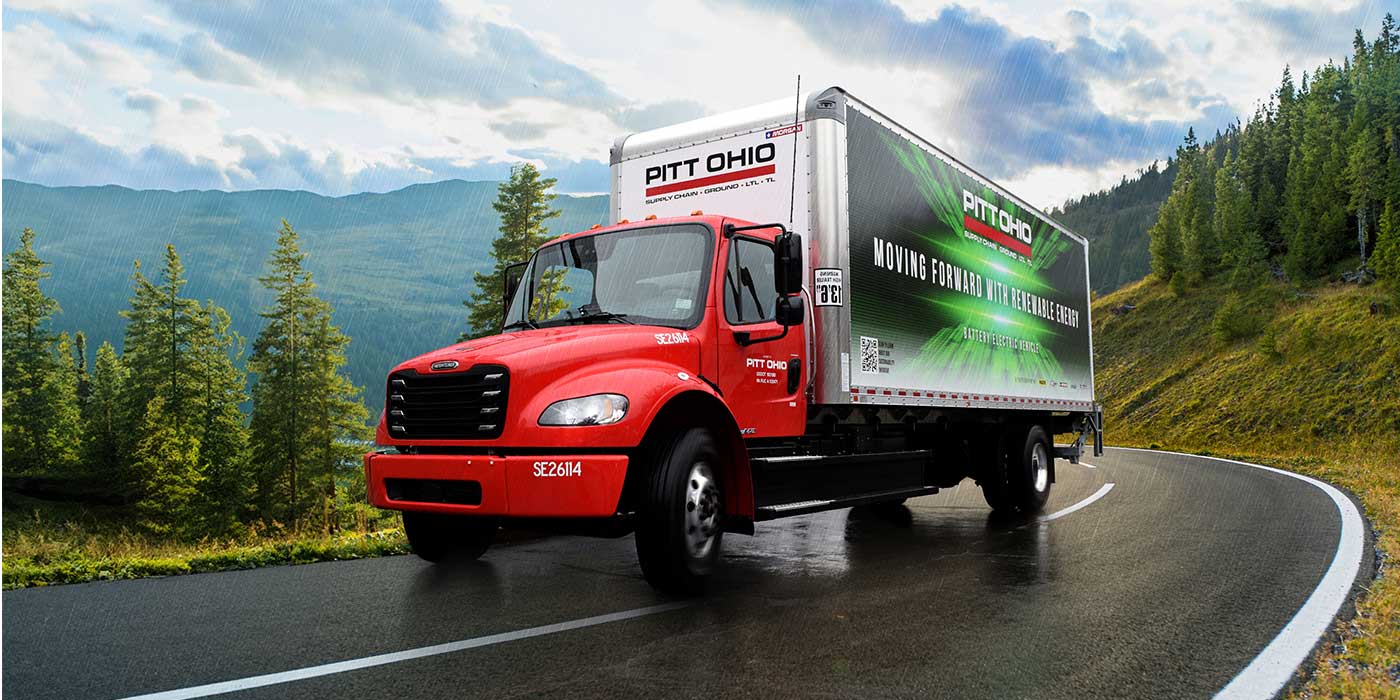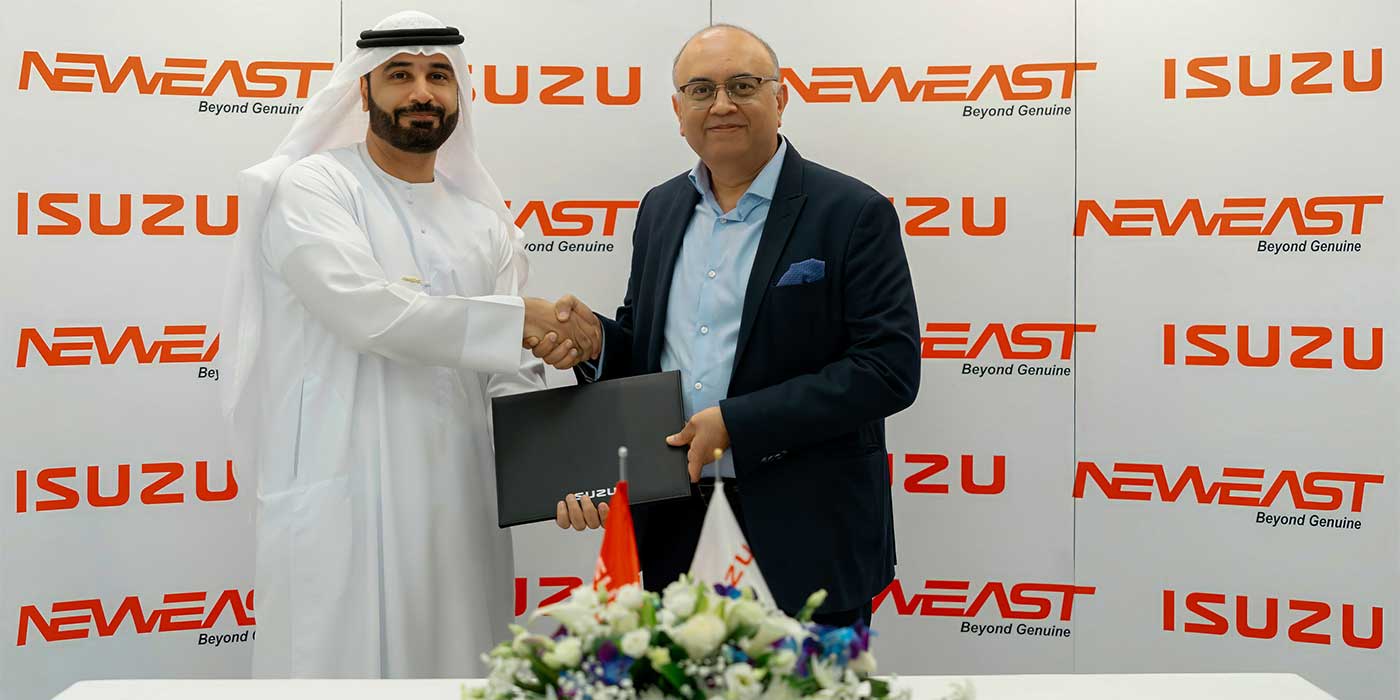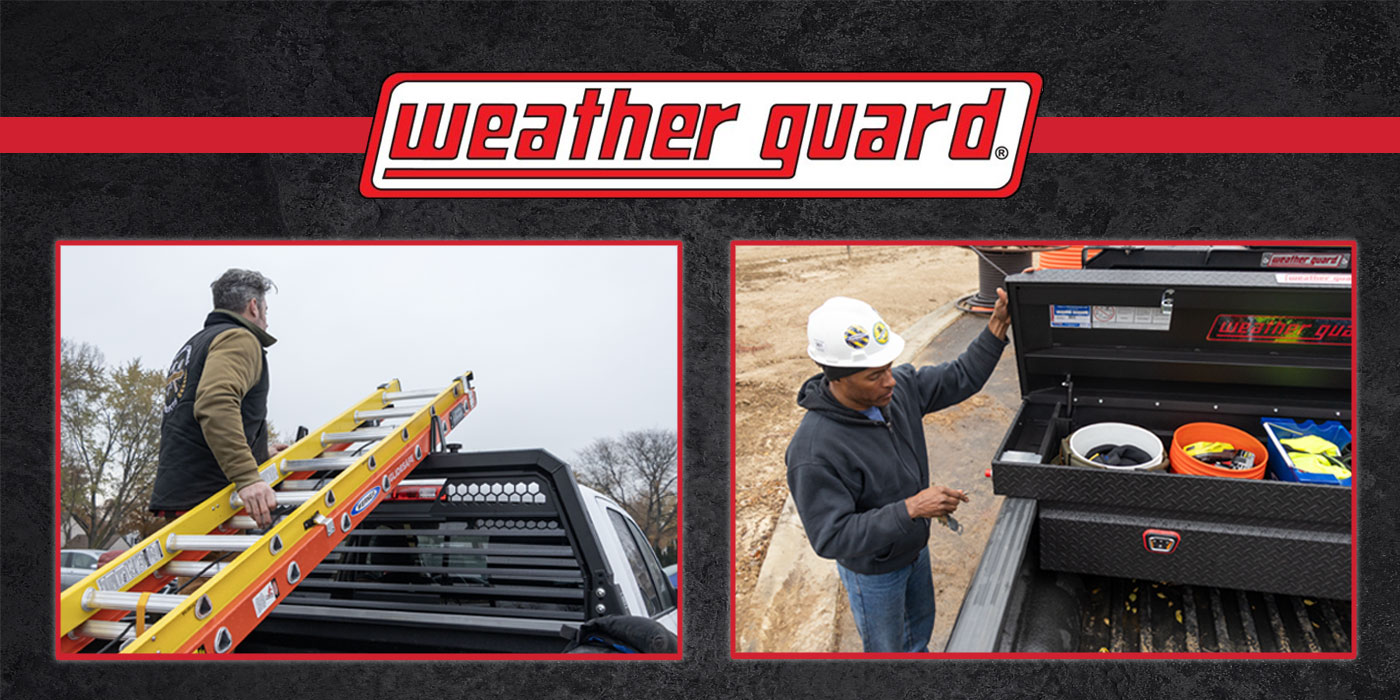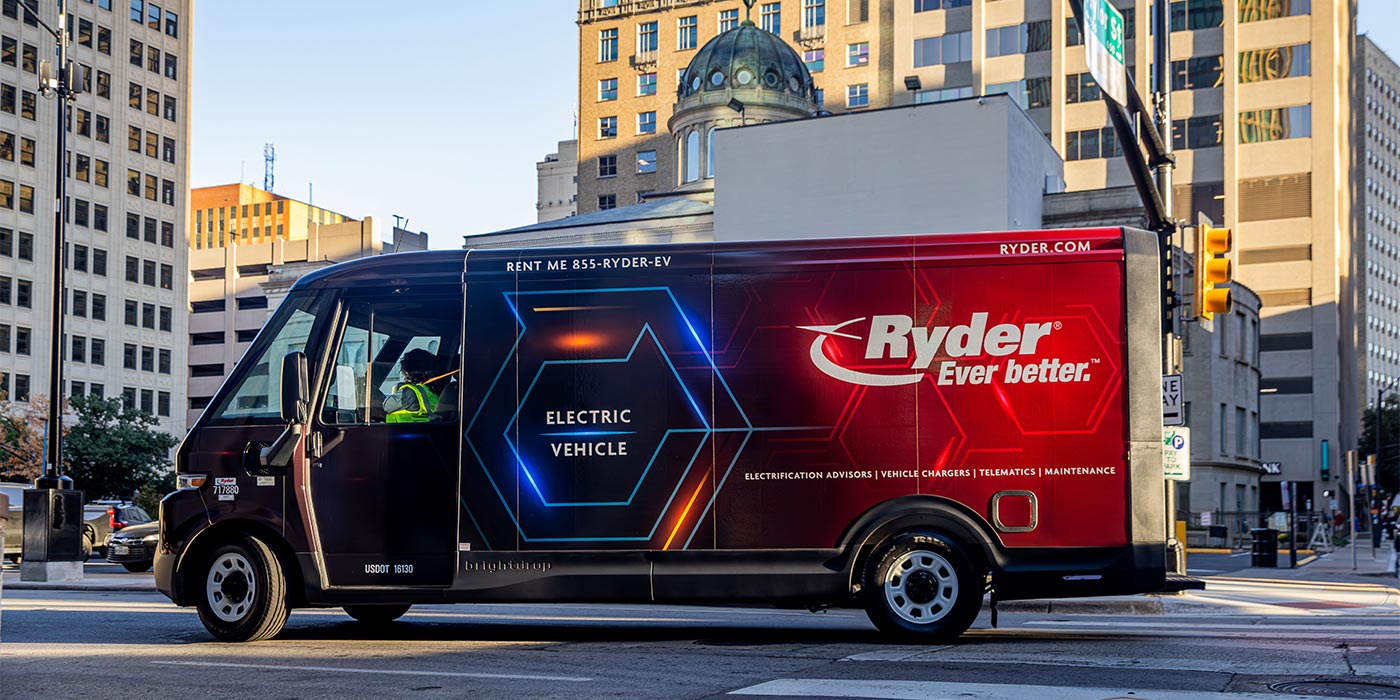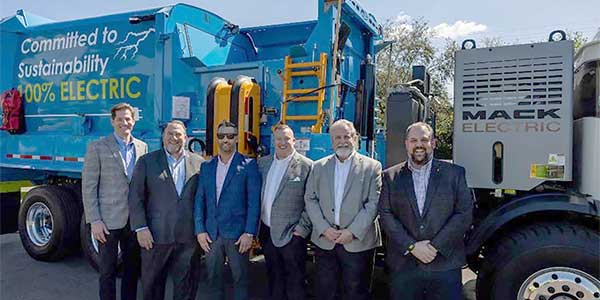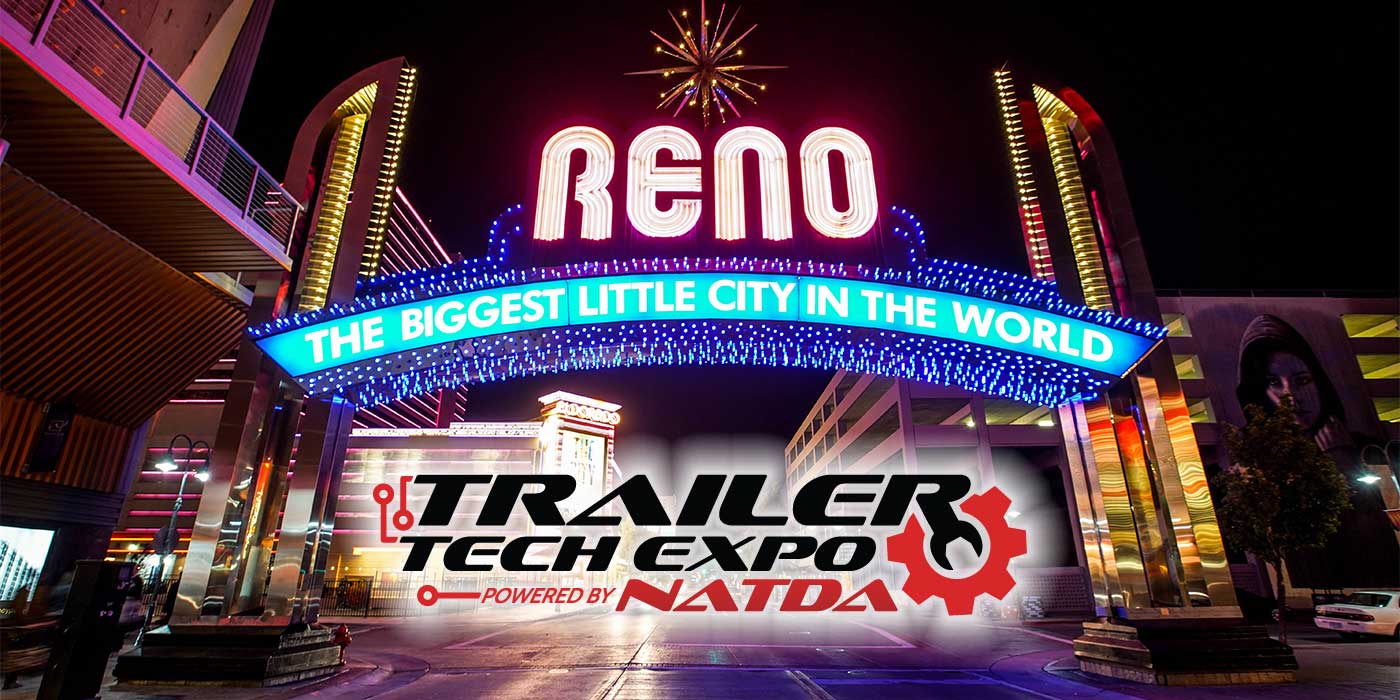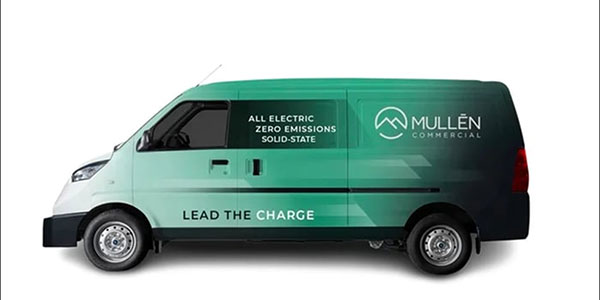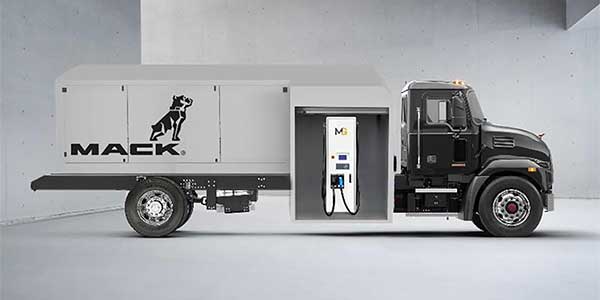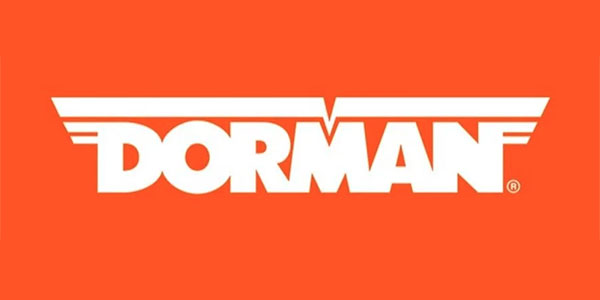While fuel-efficient technology may be the best option to help fleets reduce costs and improve air quality, financing alternative fuel vehicles can be challenging. “We continue to seek grant award opportunities that improve our clean air goals and lessen our use of conventional petroleum fuels to reduce our cost of operations,” said John D. Clements, director of transportation at Kings Canyon Unified School District, which serves students in a 600-sq.-mi. area in California.
Kings Canyon, Clements went on to explain, was able to purchase alternative fuel vehicles using funds from a variety of sources. Included were five hybrid electric school buses built by International Coach using the Hybrid and Zero-Emission Truck and Bus Voucher Incentive Project (HVIP) as a main source of funding. HVIP is now in place in California and HVIP-like programs are soon to be available in other parts of the country, including New York state and the city of Chicago, among others.
Several large beverage and delivery fleets, including Frito-Lay/PepsiCo and UPS, have taken advantage of HVIP (www.californiahvip.com), which is designed to offset about half of the additional cost of eligible vehicles, including medium- and heavy-duty hybrid, battery-electric, and hydrogen fuel cell trucks and buses. Products being offered include Freightliner, FCCC, Peterbilt, Kenworth, Hino, Altec, Autocar, Thomas Built, Smith Electric, EVI and Boulder Electric models.
Funding under HVIP is available to both public and private fleets. Vouchers range from $8,000 to $55,000 per vehicle, depending on the size, model, and the number of units purchased. Requesting a voucher is a quick and easy process because HVIP funding is not a tax deduction. Approved voucher amounts are deducted at the time of purchase, eliminating paperwork and wait times.
HVIP is administered and implemented through a partnership between the California Air Resources Board (ARB) and CALSTART (www.calstart.org), the clean transportation technology and fuels consortium. To date, over $28 million and more than 1,200 hybrid and electric vehicles have been delivered under the program. Additional funding is still available.
In Kings Canyon, funding for the hybrid buses was received from HVIP combined with funds from the ARB/San Joaquin Valley Air Pollution Control District Lower Emission School Bus Program, the Federal Highway Administration Congestion Mitigation Air Quality or Sacramento Metro AQMD/US EPA DERA, and Fresno County Transportation Authority Measure C Funds. The school district also received funding for an ARB AB 118 Air Quality Improvement Program Hybrid/Electric School Bus Demonstration Project to allow neighboring school districts to test advanced technology buses risk-free.
Many of the hybrid models on the road today are outfitted with Eaton Hybrid Systems. In Kings County, shop technicians received advance Hybrid Propulsion training from the manufacturer supported by a grant from the California Energy Commission.
Financial incentives, which are important in the early market for more costly clean commercial vehicles, have been the missing piece of the puzzle for many fleets. CALSTART has also developed a white paper covering opportunities to create state- and regionally-supported networks of voucher-based incentives for commercial vehicles. “Clean Tech Vouchers: An Effective Tool for All Regions” highlights how point-of-purchase vouchers can help spur sales.
“Given the lack of federal action, it is imperative that we encourage as many regions as possible to build out a clean vehicle support network for energy security, job growth and cleaner air,” said John Boesel, CALSTART president and CEO. “In the absence of federal incentives for commercial vehicles, state and regional programs can keep the U.S. moving forward on clean tech and alternative fuel deployments.”

